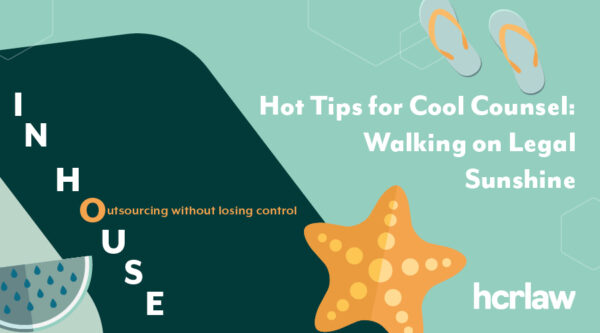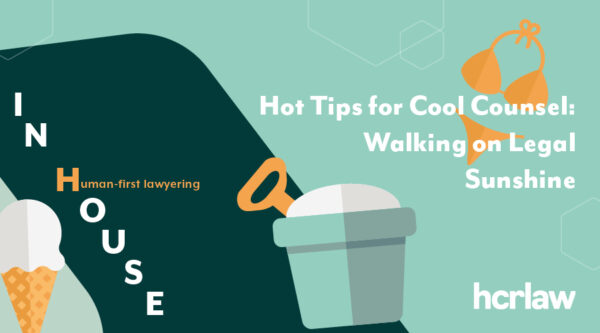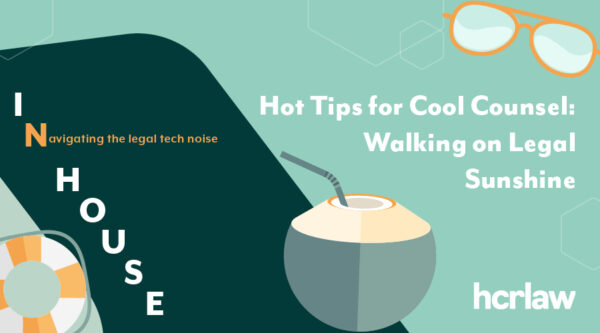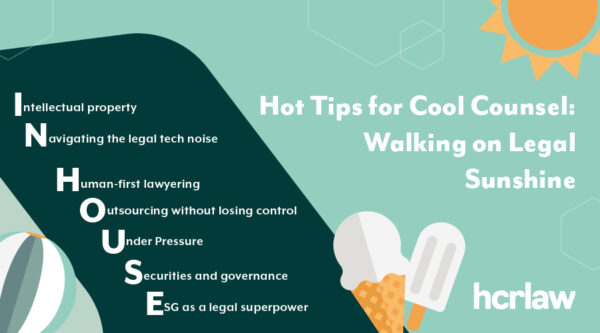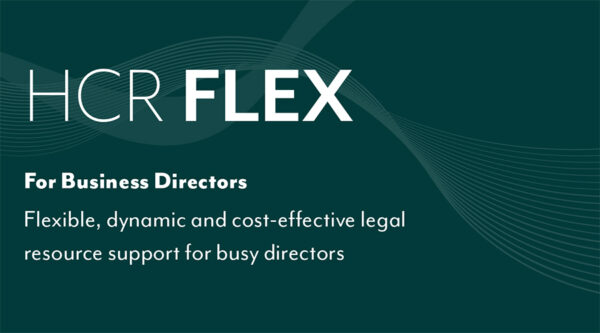
Guidance for In-House Lawyers on changes in consumer protection law and enforcement under the Digital Markets, Competition and Consumers Act 2024
20 May 2025

Radical changes in the enforcement of consumer protection law came into force on 06 April 2025 under Part 4 of the Digital Markets, Competition and Consumers Act 2024 (“the DMCCA”).
The DMCCA creates new consumer protection offences and gives new and heavy-weight enforcement powers to the Competition and Markets Authority (“the CMA”).
In this article we look at what’s new and offer guidance for in-house legal teams to navigate the changes within their organisation.
What’s new?
The new law applies to commercial practices which occur after 06 April 2025.
DMCCA reiterates most of the old consumer protection provisions from Unfair Trading Regulations 2008 and Part 8 of the Enterprise Act 2002 but, importantly, adds to them.
Therefore, misleading consumers, behaving aggressively or otherwise acting unfairly towards consumers, if likely to cause the average consumer to take a transactional decision that the consumer would otherwise have not taken, remains unfair, and therefore illegal.
The old “banned practices” (such as pressure selling) also remain.
A new banned practice of fake reviews has been introduced. A trader must not write, or ask another to write, a fake consumer review or a review which does not disclose incentivisation. Reviews must also not be published in a misleading way which captures removing bad reviews.
Leaving out material information that must be contained in an invitation to purchase is now automatically unfair (regardless of whether it is likely to impact a consumer’s transactional decision making).
“Material information” includes the total price, including any fees, taxes, charges or other payments connected to the purchase. The material information must be included within the invitation to purchase or its context, or if space does not permit, in an immediately accessible way, such as a link to a website.
Drip pricing – the practice of showing consumers an initial headline price for a product and subsequently introducing additional mandatory charges – is an example of an omission of material information which is automatically unfair. Where, owing to the nature of the product (or a part of it), a price cannot reasonably be calculated in advance, the invitation to purchase must include information that enables the consumer to calculate the non-calculable part of the price. That information must be provided with as much prominence as the part of the total price that is calculable by the business.
New rules about subscriptions will also come into effect in 2026.
It’s worth remembering that any act or omission by a trader relating to the promotion or supply of a product to or by consumers is a “commercial practice” covered by consumer protection law. Commercial practices include advertising and after-sales services as much as the actual sale and supply of products.
The Advertising Standards Agency and Trading Standards have always had a close relationship in relation to advertising, and we expect to see this extend to the CMA.
At HCR Law, we regularly advise businesses whose inadequately trained marketing departments have exposed businesses to ASA and/or Trading Standards investigations.
Businesses must ensure their marketing teams understand exactly what can and cannot be said in marketing materials to avoid committing unfair commercial practices.
This is particularly important in the light of changes in enforcement of consumer protection legislation brought in by DMCCA.
Enforcement of the new laws
Local Trading Standards teams can still prosecute and/or seek a civil injunction. But importantly, the CMA gets new powers to:
- Prosecute infringements of consumer protection law in the criminal courts
- Directly enforce – the CMA has the power to decide whether the law has been broken
- Demand that companies disclose information
- Issue provisional infringement notices (PINs) requiring traders to stop unfair commercial practices
- Issue final infringement notices.
- Accept undertakings from traders but impose penalties for breach of undertaking
- Demand enhanced consumer measures, such as redress, compliance or choice measures
- Issue online interface notices of directions which the recipient (including third party internet service providers) must comply with
- Impose financial penalties for unfair commercial practices, breaches of disclosure requirements, undertakings/directions and further non-compliance
- Enforce against persons with control of the trading entity and directors who consent or connive in an infringement
- Take action against non-UK based traders
- Demand information from non-UK based traders and third parties, including obtaining warrants for entry to seek documents
- Seek court orders for breaches of undertakings or directions.
Importantly, the financial penalties which can be imposed by the CMA by way of final infringement notices (and indeed the courts) can now be up to £300,000 or 10% of global turnover, whichever is greater.
A PIN sets out the CMA’s view that a company has infringed DMCCA and gives an estimate of a fine to be directly imposed by the CMA. The recipient has a very short time to respond.
In-house legal teams who have ever had dealings with the Environment Agency by way of a notice of intent to impose a civil penalty will spot the similarities.
Once imposed, fines can be very difficult to appeal. It’s therefore vital for in-house lawyers to deal with CMA letters immediately upon receipt and take the opportunity to defend or mitigate during the PIN stage. They should certainly not get lost in internal post.
The CMA has indicated it will work ‘with companies’ rather than against them until the end of June 2025
For the next 12 months, the CMA has said it will concentrate its enforcement efforts on the most serious offences, such as aggressive sales practices that prey on vulnerability, provision of demonstrably false information, obviously unfair and imbalanced contract terms and banned practices.
The Risk and Regulatory Team at HCR Law expects to see an increase in enforcement activity, particularly in the areas of marketing and online sales where there is a perception of higher risk of misleading consumers due to online choice architecture, choice overload, decoys and sensory manipulation.
For commercial practices which occurred before 06 April 2025, which must be prosecuted within 12 months of the prosecutor becoming aware, the old laws still apply.






